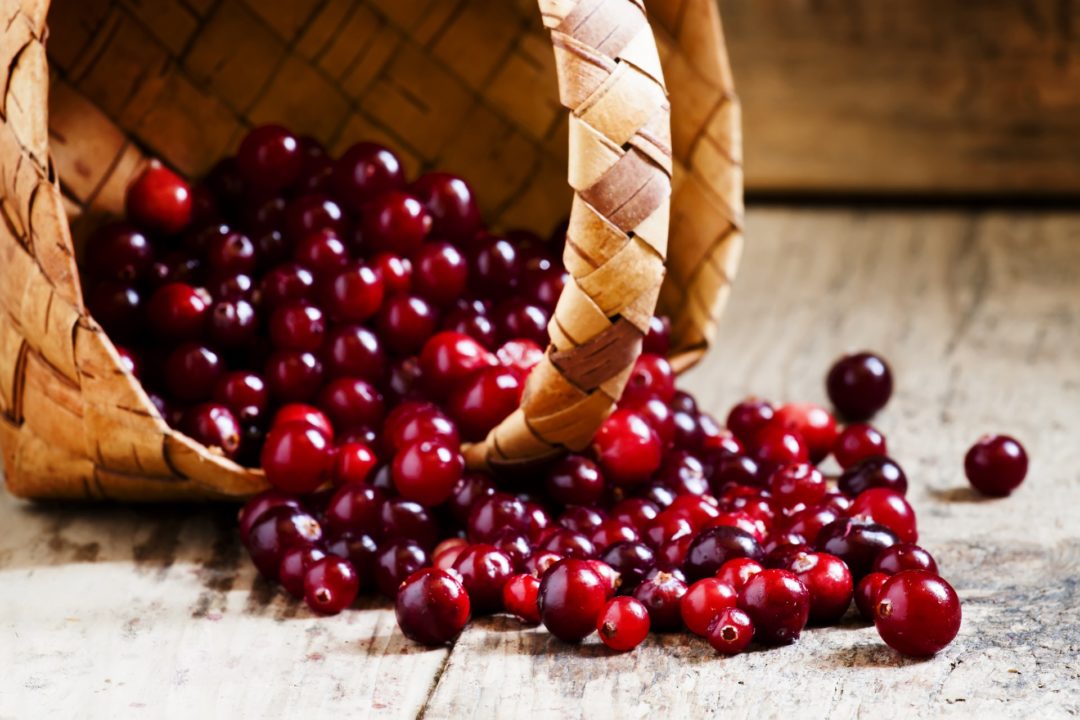
ABC Issues Botanical Adulterants Report on Cranberry

The supplements are made up of varying amounts of proanthocyanidins (PACs), cranberry compounds responsible for preventing bacterial adhesion in the urinary tract. Other important ingredients include whole cranberry fruit extracts and blends of cranberry juice extracts with cranberry fruit extracts with 3%-5% PACs, and also pure cranberry juice extracts with 21%-24% PACs. The higher the concentration of PACs, the more expensive the supplement.
Because cranberry extracts can be expensive, companies have been extracting lower-cost PACs from other sources such as peanut skins, grape seeds, mulberry fruit, hibiscus, calyx, black bean skin, and black rice, according to the American Botanical Council. Suppliers dilute or replace the cranberry PACs without labeling the behavior.
Ethnobotanist and herb industry consultant Thomas Brendler, and American Botanical Council Chief Science Officer and Botanical Adulterants Program Technical Director Stefan Gafner, PhD, have written a new article containing information on the growing range, production, and market importance of cranberry and cranberry extracts.
The bulletin also provides a list of known adulterants, potential therapeutic and safety concerns associated with the adulterated ingredients, and laboratory analytical approaches to detecting these ingredients.
“By publishing this bulletin on the adulteration of cranberry, it is our hope that more supplement manufacturers will be alerted to the unfortunate practices of some unscrupulous ingredient suppliers, thereby not only helping to protect the supplement manufacturers to ensure that they purchase properly authenticated cranberry ingredients, but also to help ensure that consumers are able to purchase authentic, reliable cranberry supplements.” says Mark Blumenthal, ABC founder and executive director, and Botanical Adulterants Program founder and director.

The editorial team at WholeFoods Magazine has decades of experiences reporting on natural products industry news, trends, and more. This national, monthly business-to-business magazine has been published continuously for nearly 40 years (the magazine was founded in 1977, and has been owned by Wainer Finest Communications since 1984). It is the longest-tenured media outlet of its kind in the natural products industry. The editorial focus at WholeFoods Magazine is, and always has been, on informing and educating members of the natural products industry.
The Magazine
Information
About Us
NOTE: WholeFoods Magazine is a business-to-business publication. Information on this site should not be considered medical advice or a way to diagnose or treat any disease or illness. Always seek the advice of a medical professional before making lifestyle changes, including taking a dietary supplement. The opinions expressed by contributors and experts quoted in articles are not necessarily those of the publisher or editors of WholeFoods.







